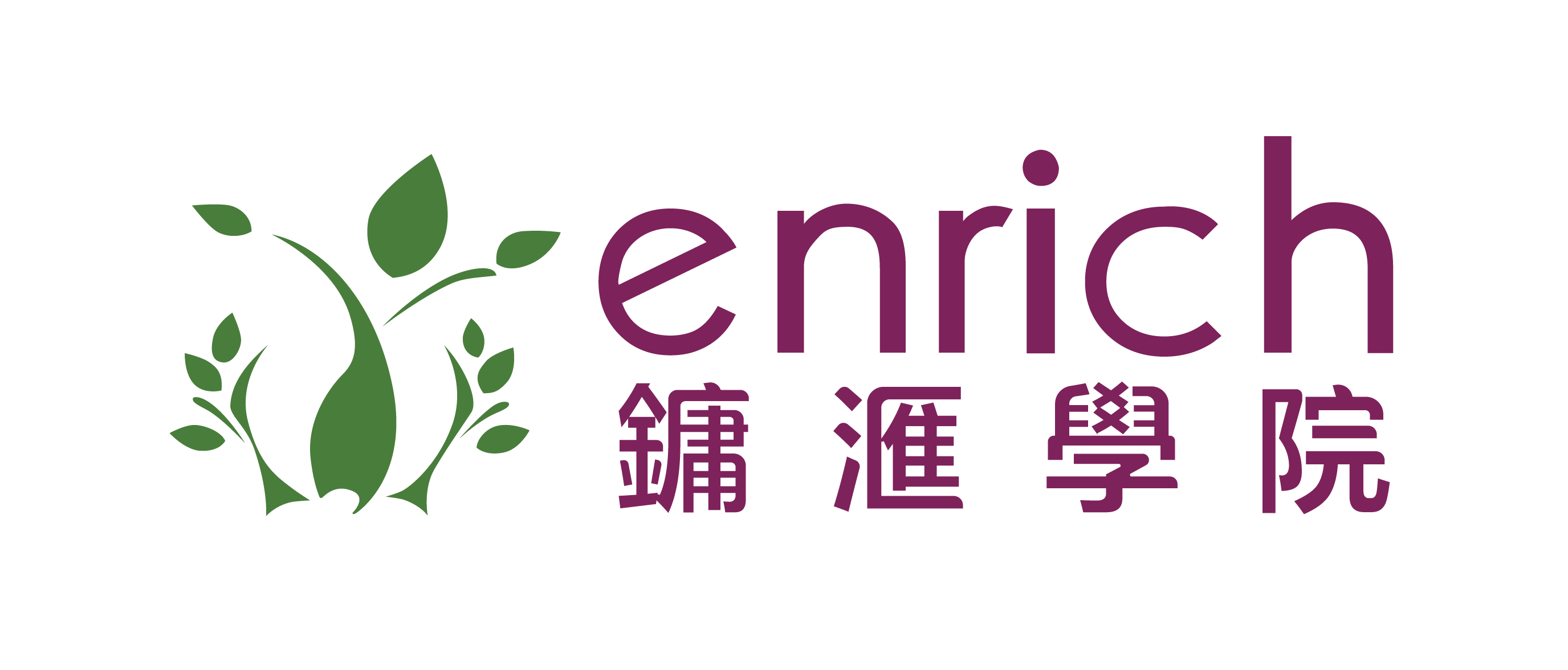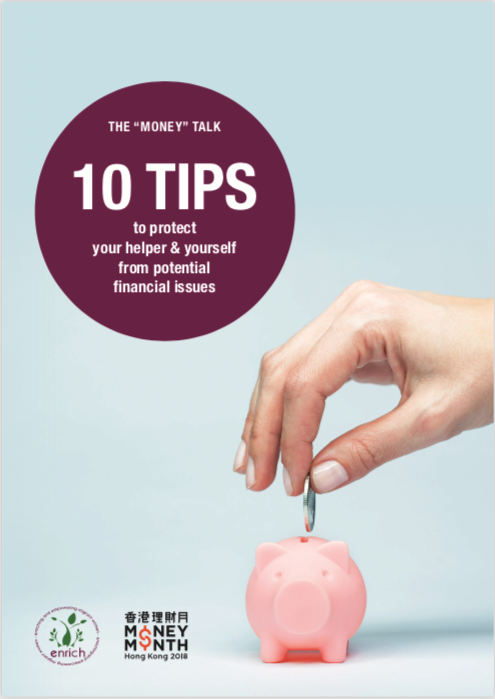
How does money lending work for domestic helpers in Hong Kong?
Often, the debt cycle starts with recruitment. For newcomers, upon arrival in Hong Kong they may already need to take out loans due to very high fees charged during the recruitment process (training, placement fees, etc.). With no access to formal credit (bank loans) in Hong Kong, domestic workers may resort to (licensed or unlicensed) money lenders. Sometimes, an employment agency may bring them to a loan company as soon as they get here to sign a loan contract to cover recruitment fees.
Money lenders do not provide the same services as banks - they give out loans only and usually charge higher interest rates than banks. Most licensed money lenders offer loans not just to domestic workers but to residents too. However, they often specifically target domestic workers since they are usually more in need of instant cash.
The loan companies usually make it very simple for domestic workers to get a loan - which of course makes it even more tempting if you are in desperate need of money. Documents typically required are a copy of their employment contract, a copy of their visa and copy of their passport. They are usually asked to list references and guarantors as well (usually other domestic workers). If the borrower cannot settle the monthly payment, loan agencies will call and follow up with the references and guarantors. Guarantors can end up paying for the remaining repayments due because the principal borrower has failed to fulfill their obligation - many often sign as a guarantor without understanding what it means.
Settling the monthly repayment can be very simple - either through the bank, at the loan company office or even at any 7/11 (like you would pay for a utility bill).
Often, domestic workers sign high interest loans because they have no choice, or maybe because they don’t know whether the interest rate is actually high/legal or not. According to the Money Lenders Ordinance, borrowers can legally be charged up to 48% of annual interest on a loan by licensed money lenders. If it can be proven that they are a high risk borrower, they can be charged up to 60% of annual interest.
Some domestic workers might ‘share’ a loan with a friend, with one person agreeing to be the principal borrower, creating an informal repayment agreement between the friends. This is of course not an arrangement that we encourage domestic workers to pursue.
If they have an existing loan with a money lender or if they’re not eligible to borrow for some reason, some domestic workers might turn to unlicensed money lenders or individuals to borrow money. In these instances, they can often be charged extremely high monthly interest rates (e.g. 20% per month) and might even be asked to provide their passports as collateral (which is illegal).
If you are concerned about your helper’s financial well-being, make sure she gets professional advice. You can sponsor her to attend our financial and empowerment education programmes.





